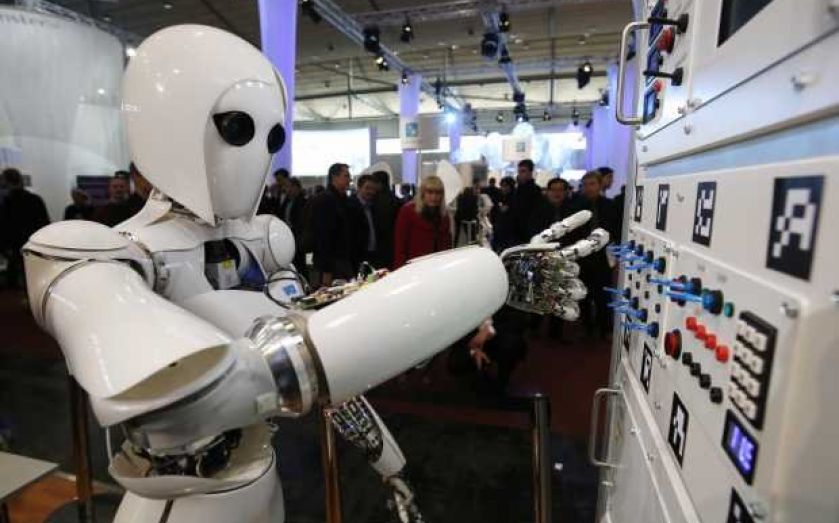Artificial Intelligence will destroy jobs – but technological pessimism is wrong

DEVELOPMENTS in Artificial Intelligence (AI) will be among the most exciting advances of this century. No longer the preserve of science fiction, from driving our cars to managing our health, the products of AI research are already quietly revolutionising our world.
But warning bells are ringing. John Maynard Keynes coined the term “technological unemployment” to describe how productivity-enhancing innovation can displace workers. This idea was illustrated in the bankruptcy of Kodak – once employing 140,000. The camera giant was superseded by the likes of Instagram, which had just 13 full-time staff when it was sold to Facebook. But while it was once mainly lower-skilled jobs squeezed by new technology, AI could undercut the “knowledge” professional.
A recent study by McKinsey forecast that, by 2025, machines will be able to learn, adjust, exercise judgement, and reprogramme themselves. Computers with AI software like IBM’s Watson can interpret human speech, actions and complex commands, and even learn from them. It’s a leap forward in analytics and systems design, and could transform how firms operate. McKinsey says that, globally, automation of this kind could displace the equivalent of 140m full time jobs by 2025. With substantial productivity gains, employers could save trillions.
But the hardest hit would be professionals working in sales, education, healthcare, IT, management, finance and law – knowledge-based jobs, where analytics tools, mobile internet devices, apps or web-based services such as the cloud can be developed to outperform humans. Symantec’s Clearwell System software, already popular with law firms, has been able to sort through more than 570,000 documents in two days. Apple’s Siri and Google Now recognise speech, interpret meanings and act on them. They also act as a memory enhancer, and can plug into the online services we use to carry out daily activities more efficiently.
The speed of change will be rapid, and it would be wise to plan ahead. Computing power continues to grow exponentially. But not everything is gloomy for the professional. While the speed of technological uptake can be fast, it can also complement apparently redundant skills. Horses have been replaced by trains, bikes and cars. But the US had the most horses in 1915, when trains had been around for nearly a century. Trains made horses more useful for years.
And while certain jobs will certainly be destroyed, the direst predictions of pessimists are often wrong. Human appetites are not unchanging or finite – innovation enables goods and services to be produced at lower costs, and extra demand breeds new types of work. Firms will have to ensure they have adequate change management support, technical installation expertise, and employee training available to ensure a smooth transition to AI. Workers can be retrained as roles evolve.
The real danger is that AI advances overtake the laws needed to manage them safely. How will courts deal with harmful decisions made by AI, or assign liability in the unlikely event that a driverless car crashes? Concerns are now emerging about unmanned autonomous killing drones. This debate must intensify as machine intelligence evolves.
Massimo Barbato is a writer on AI, and author of Thinking Beyond Limitation. www.artificial-intelligence.org.uk.